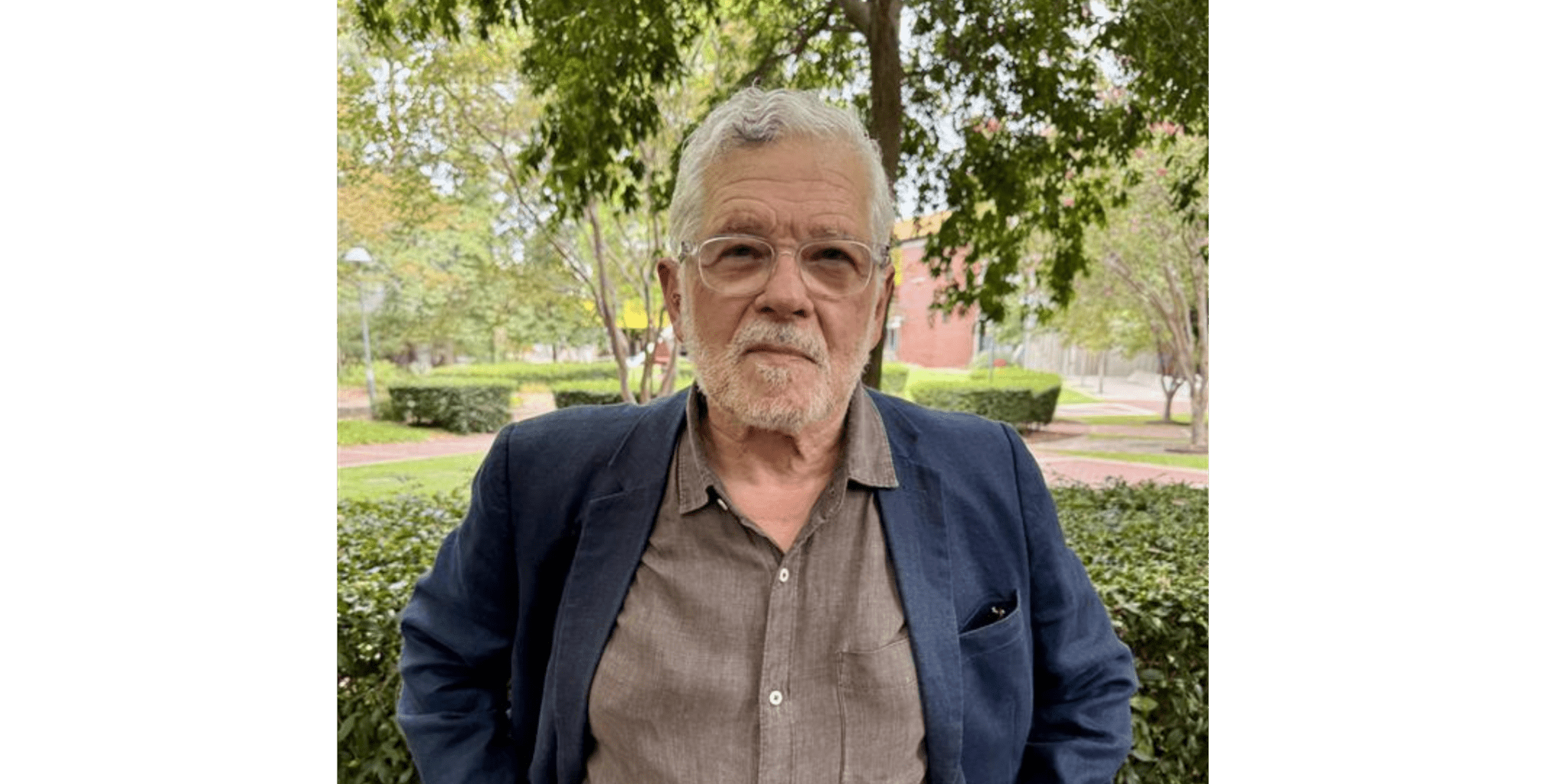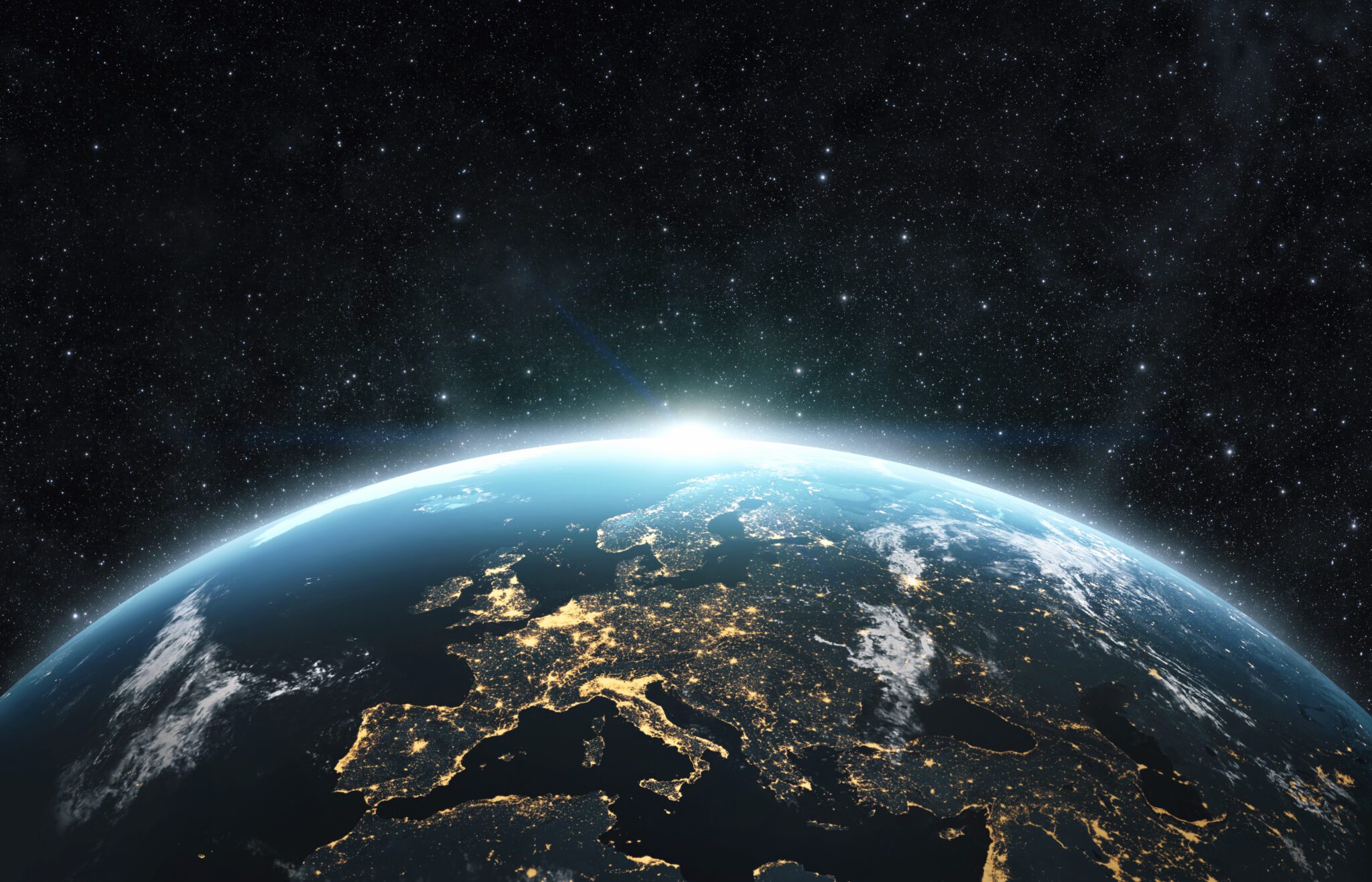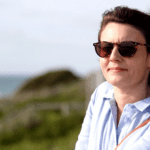Born and raised in Chicago, Professor Joseph Siracusa, veteran historian and Curtin’s Inaugural Professor of Global Futures in the Faculty of Humanities, has spent his career examining the global intersection of history, politics, and the future, challenging the way we think about time, decision-making, and global challenges. With a deep background in international history, security studies, and political analysis, Professor Siracusa has written extensively on everything from nuclear weapons to the evolution of human security and global governance.
But his focus today is on something even bigger: how we should think about the future – not just as a passive outcome of past events, but as something we can actively shape.
Professor Siracusa’s work in futures studies wants us to push beyond traditional academic disciplines, blending philosophy, social sciences, and the natural sciences to understand how history unfolds – not in a straight line, but through complex interactions, possibilities, and choices.
In the latest episode of The Future Of, we discuss Professor Siracusa’s ideas on why the future matters, how history is anything but linear, and how Global Futures helps us turn foresight into actionable insights.
It’s as famed 20th-century inventor Charles Kettering once remarked: “We should all be concerned about the future because we will have to spend the rest of our lives there.”
The school of thought represented by Global Futures feels tricky to pin down. Let’s start with your definition of Global Futures, please.
Global Futures is about the study of anticipating future possibilities, including stories and different scales of time about most likely catastrophes and jump points, creating new horizons of possibility. Perhaps even paradigm shifts that create new codes for determining further action. The “future” is seen as a product of intended and unintended consequences.
Global Futures develops sensibilities and social and political theory by taking decisions about the temporal or the human condition further than most existing courses.

You’ve said before that, within the context of Global Futures studies, “time isn’t linear”. How does a keenness to re-explore our assumptions about time influence how we see our world?
The meaning of historical events is not fixed at the moment they happen. It changes depending on how the future unfolds. Social, political and scientific developments interact in unpredictable ways, creating feedback loops, disruptions, and new possibilities rather than a straightforward progression, and grasping the true significance of any of it might take years to unpack.
If you think of time as linear – a straight line – it may not be so if you believe the past is cyclical or concurrent. In that view, the past is still unfolding or could happen again, regardless of whether you observe it. This reminds me of William Faulkner’s powerful line from Requiem for a Nun: ‘The past is never dead. It’s not even past.'”
There’s nothing remotely linear about the future, the mirror image of the past.
You talk about Global Futures as evidencing a critical realist ontology. What do you mean by that?
Critical realist ontology blends realism—the belief in a world that exists independently of our perceptions—with critical analysis, which explores the structures and mechanisms that shape events.
Ontology, broadly speaking, is the study of being. I often have to look it up myself, but it helps explain why multiple futures are always possible. The real world isn’t just what actually happens; it also includes possibilities that never materialise and the untapped potential within existing systems and structures, which still exert influence. Emergence is real too—new power structures and mechanisms can arise, while existing ones can disappear.
Critical realist ontology has deep roots and a rich intellectual heritage. It stretches back as far as people have pondered the universe.
Why, today, do you think we need a field of enquiry like Global Futures?
“We need people who can see beyond the horizon – and we have to know that the horizon is always changing. Global Futures encourages this kind of medium- to long-term thinking, helping us uncover actionable insights – real intelligence – that nudge us towards the futures we aspire to create.
Global Futures knows that often the best people placed to see what’s coming down the track are people who are making the present.
Great ideas inspire remarkable projects and unlock extraordinary possibilities. Urban planners will be tasked with reimagining cities as climate change intensifies and Globalisation 2.0 takes hold. Intellectuals and social innovators will be busy redefining not just how people think, but what they think about. New universities are emerging across Africa and Asia, equipping people to compete on the global stage and contribute fresh perspectives.
Arguably, Global Futures is part of the cosmic evolution. It’s about the process of the cosmos becoming conscious of itself. The future is relatively open, and the meaning of the past is not fully determined either. What could possibly go wrong?
I’ve told students for the past 50 years that if you don’t think about your history, you won’t have any. And I’ll say the same thing today. If you don’t think about your future, you’re not going to have one.
Curious to hear more? Dive into the full episode of The Future Of podcast to explore these ideas in depth.



